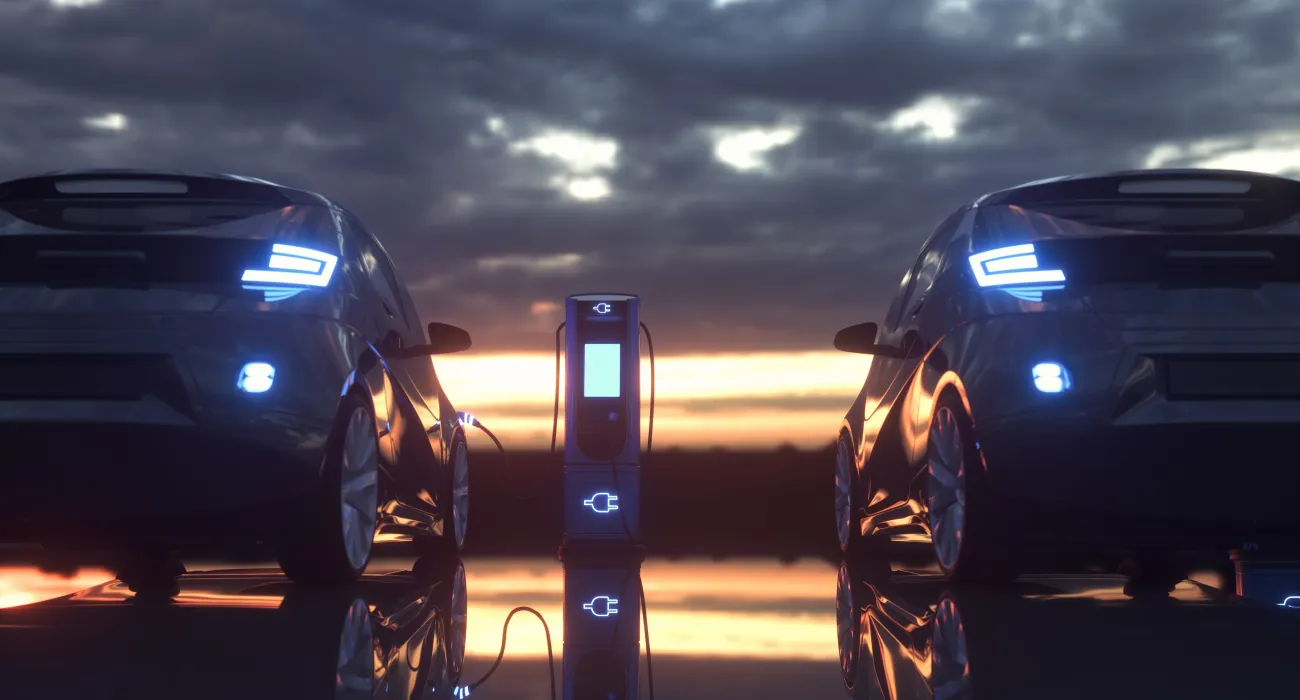Although traditional vehicles and electric vehicles have the same
basic purpose, which is to get you from point A to point B, there are some
obvious differences between the two options. It's important to have a good
understanding of these differences before you make the purchase. Without
thorough research, you may find out the hard way that electric vehicles are not
for you, or that it's just not the right time for you to purchase an electric
vehicle.
How Do Electric Vehicles Work?
Unlike traditional cars that use gasoline to fuel combustion
engines, electric vehicles work, exactly how they sound, electronically.
These automobiles of the present and future contain battery packs that are
charged by the electrical grid and consist of thousands of rechargeable
lithium-ion battery cells. The battery packs require elaborate cooling systems
in order to regulate the temperature around them and this system also supports
the efficiency, safety, and life of the battery packs. Electric motors are
actually far less complex than traditional combustion engines and typically
have a one-speed transmission, meaning they can accelerate faster than the vast
majority of internal combustion engines.
The distance that an electric vehicle can travel without
recharging (the vehicle's range) depends on the battery pack. Many of the newer
electric vehicles can travel just under 200 miles on a single charge. Some of
the more expensive models can travel well over 300 miles. Increasing vehicle
range is something that automobile manufacturers are constantly working on.
Drivers can recharge their electric vehicles at designated
charging stations. Although there are not nearly as many charging stations as
gas stations, the numbers are increasing as the popularity of electric vehicles
increases. Depending on the brand of your vehicle, you can also purchase
charging stations for your home. Some electric vehicles even have charging
equipment that connects easily to any power outlet, which makes driving an
electric vehicle far more convenient.
Charging your electric vehicle at home works well when you have
the time to charge it for long periods of time, such as overnight. If you're
driving your electric vehicle on a road trip or for long distances, you'll need
to plan the route around available battery charging options. It's not like you
can stop at any corner gas station in order to fuel up.
If the battery in your electric vehicle runs out of charge or
electricity, the automobile will ultimately have to be towed to the nearest
charging station. It should be noted that this can cause damage to the battery
and reduce its lifespan. However, once the battery is fully recharged, the car
will work as normal again.
Your electric vehicle battery should last anywhere from 100,000 to
200,000 miles. This equals just about ten years for the average driver. One
major electric vehicle manufacturer reports that a battery will lose around 5%
of its capacity in the first 50,000 miles. After that, the battery life will
drop much slower. Most electric vehicle manufacturers offer battery warranties
of 5 or 8 years or 100,000 miles.




